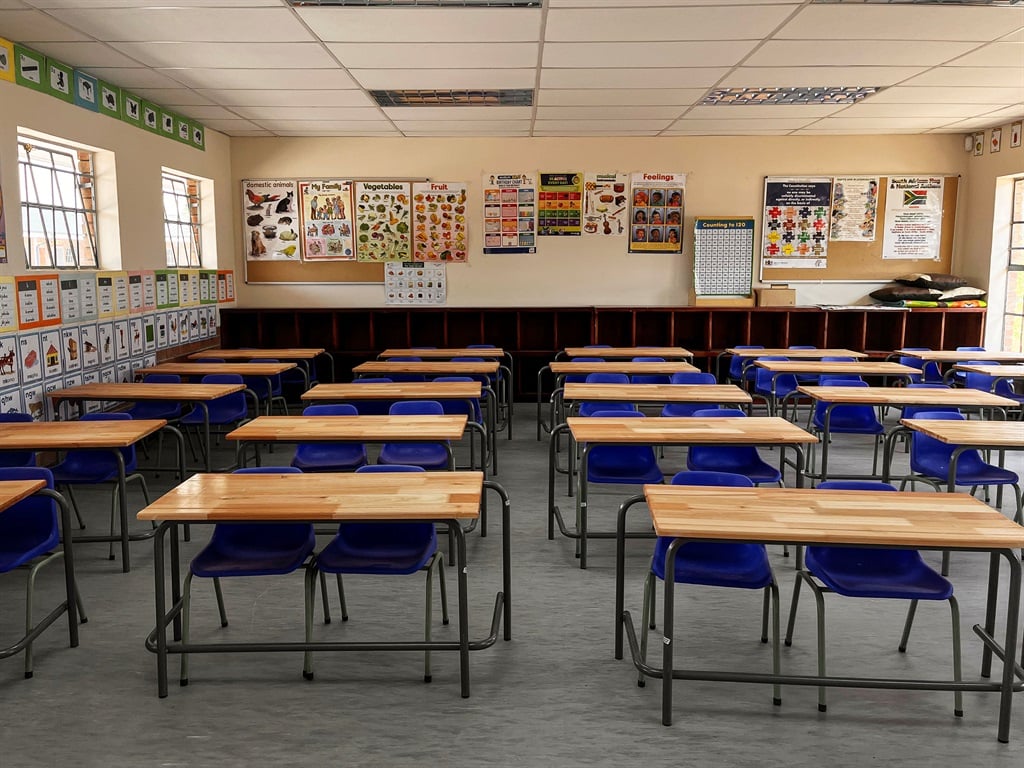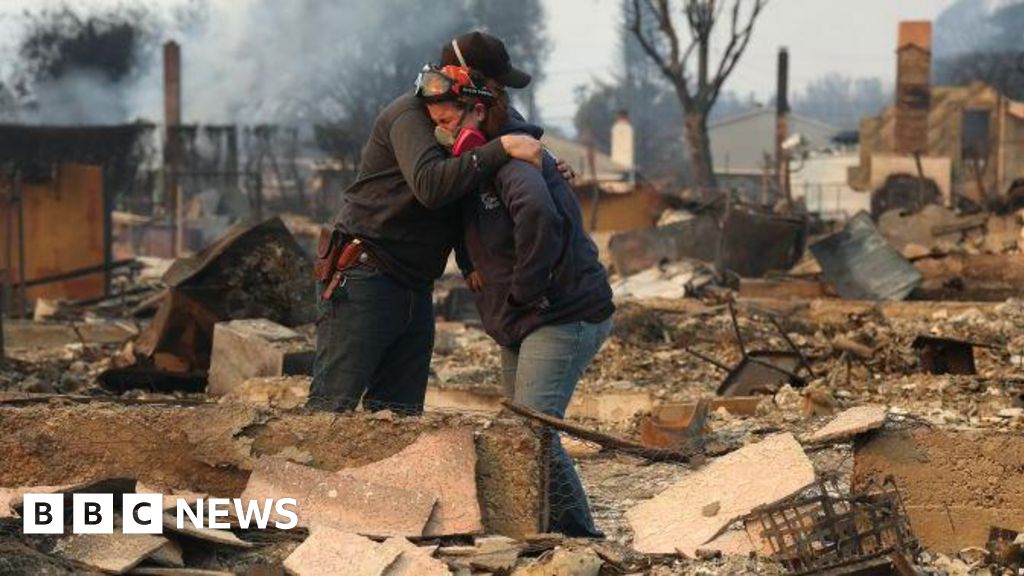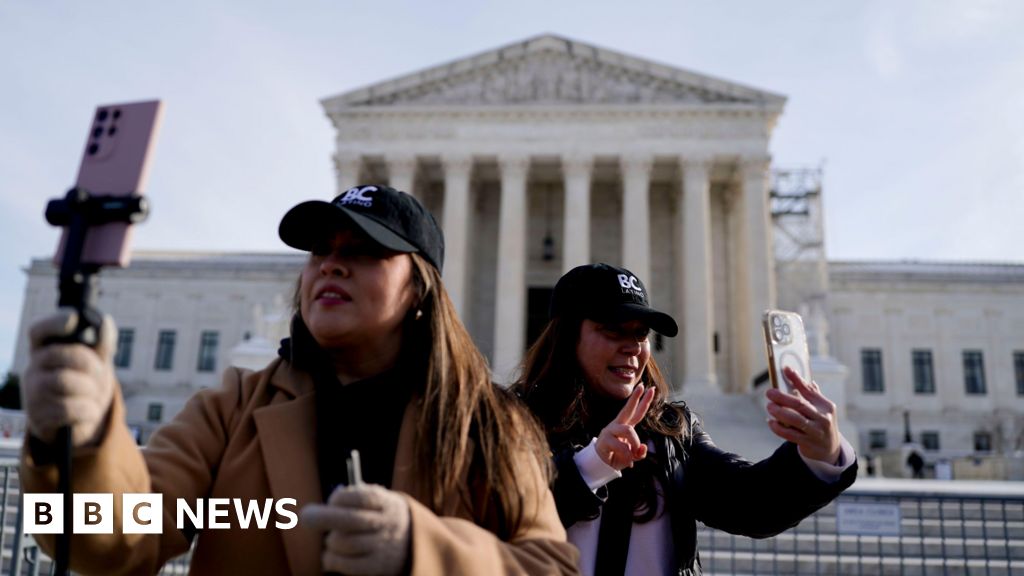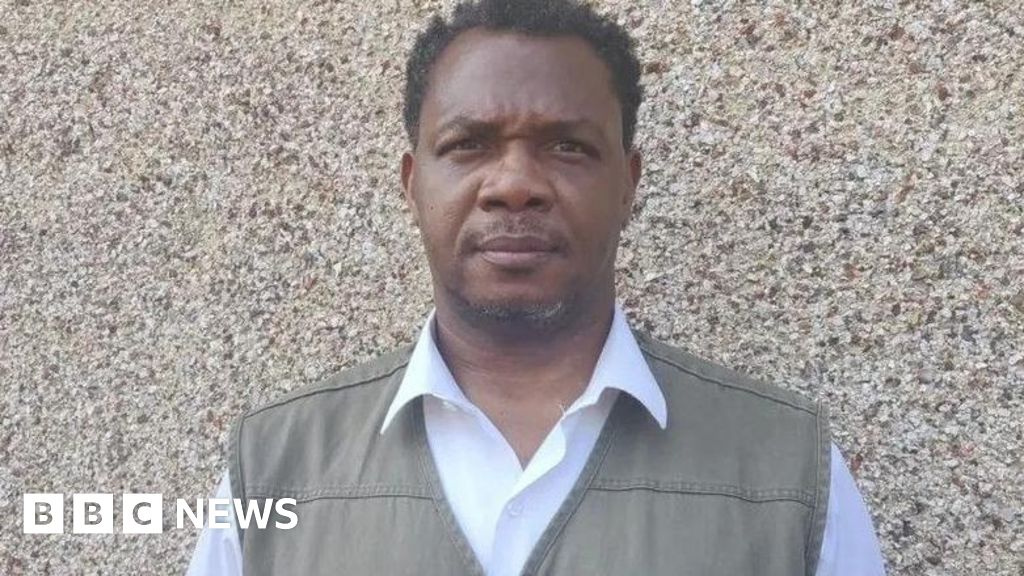
The South African Council for Educators has been ordered to reconsider sanctions imposed on two teachers who assaulted learners. (Rosetta Msimango, City Press)
- The Supreme Court of Appeal has ordered the South African Council for Educators to reconsider sanctions imposed on two teachers who assaulted pupils.
- The court ruled that it must, in issues concerning violence, consider the best interests of the child and whether the teachers require rehabilitation.
- The matter concerns three pupils who were assaulted by their teachers. The two teachers were left to continue teaching and fined an inappropriately small amount.
The Supreme Court of Appeal (SCA) has set aside the sanctions imposed by the South African Council for Educators (SACE) on two teachers who assaulted pupils and directed that it reconsider its decisions in line with the best interest of the children.
According to GroundUp, the court said SACE failed to act in terms of its constitutional obligations, and it must consider appropriate sanctions to ensure that the teachers are rehabilitated in the use of non-violent disciplinary measures.
At the heart of the case are two separate incidents at different schools. In the first, a seven-year-old boy was hospitalised after he was hit on the head with a PVC pipe by his teacher in 2015. Another child was also assaulted. They were both in Grade 2.
In the second incident, a 10-year-old girl was left bleeding from her ears after she was slapped and beaten by her teacher in 2019.
The teachers received identical sanctions despite the circumstances and the severity of the assaults not being comparable. Both were fined R15 000, payable over a period of 12 months, of which R5 000 was suspended. Their removal from the roll of educators was wholly suspended for 10 years.
The matter was first taken to court "in the public interest" by the Centre for Child Law and the two mothers, who were represented by SECTION27. They claimed in papers before the Gauteng High Court in Pretoria that the "slap on the wrist punishment" meant the two teachers were still teaching and no regard had been given to the impact on the learners.
While corporal punishment in schools had been outlawed in South Africa for more than two decades, it was still widespread, and SACE had a duty to take effective, transparent disciplinary action against teachers who committed acts of violence against learners, they said.
READ | Welkom pupil's parents slap education department with R350 000 lawsuit after assault
The High Court dismissed the review, in the main, because it found that there had been an "unreasonable delay" in launching the application. However, it made certain orders directing SACE to review and revise the mandatory sanctions and address any deficiencies.
The Centre for Child Law appealed to the SCA, saying the delay was because SACE had stalled in providing its reasons for the decisions, and argued that the court should declare the sanctions to be unlawful and unconstitutional under the Promotion of Administrative Justice Act (PAJA). Read the judgment here.
In its recent ruling, the SCA agreed that the clock had started ticking, in terms of PAJA timeframes, once the reasons had been provided, and the High Court had been wrong in finding otherwise.
Judge Ronel Tolmay, writing for the court, said repeated requests had been made for the reasons but SACE had been "generally unresponsive".
She said the main complaint was that SACE's 2016 Mandatory Sanctions, which applied at the time, were unlawful because they did not give any discretion to SACE when imposing a sanction and did not provide for any rehabilitative or corrective sanctions.
Also, the disciplinary proceedings did not allow for meaningful participation by learners and their parents in the hearings.
While the mandatory sanctions had been revised in 2020, child rights experts were still not convinced that they catered for the best interests of the child or that they followed a child-centred approach because they still did not provide for any rehabilitative measures.
Tolmay said SACE's exercise of disciplinary powers had to be guided by its constitutional obligations that children's rights were paramount.
"The South African Schools Act outlawed corporal punishment in all schools and, by doing so, ensured that no child should be subjected to any form of physical violence in the school environment. This should have been the end of any notion that an educator is allowed or justified to use any form of physical violence.
"Sadly, as is illustrated by the incidents that form the subject matter of this case and the expert evidence, corporal punishment is still rife," the judge said.
"In a society besieged by violence, this must be of grave concern. It is imperative that educators not only be prohibited to resort to physical violence as a form of discipline but also be assisted to develop the necessary skills to discipline appropriately and with the required measure of personal control.
"It is by example that children are taught to navigate a complex conflict-ridden world, without resorting to violence as a solution."
She said while the 2016 Mandatory Sanctions had been revised in 2020, these still needed further revisions, including the right of parents and learners to be heard.
"SACE has a duty to assess the impact of the actions of the educators on the children, including whether it is advisable that the educators return to the classroom, whether it is necessary to protect the children from harm and whether the underlying causes of the educators' violent behaviour require addressing.
"I would add to that the question of whether the child may need assistance, psychological or otherwise, to limit the harm done to her must also be considered."
READ | Teenager sues education departments for R5.1 million after rape on school property
Tolmay said "a perusal of the record leaves one none the wiser as to the reasons for the educators' defiance of the law and this illustrates the necessity to consider rehabilitative measures".
"To merely impose a sanction without addressing the root cause of the problem is counter-productive."
The judge said the decisions taken by SACE in relation to the incidents did not comply with numerous provisions of PAJA. The decisions were procedurally unfair as the children and their parents were not meaningfully heard. The decisions were taken without consideration of the constitutional or legislative imperatives relating to the best interests of the child.
Declaring the sanctions to be unlawful and setting them aside, Tolmay sent the matter back to SACE "to consider the imposition of corrective rehabilitative sanctions, like anger management".
 (1).png)
 9 months ago
32
9 months ago
32


















